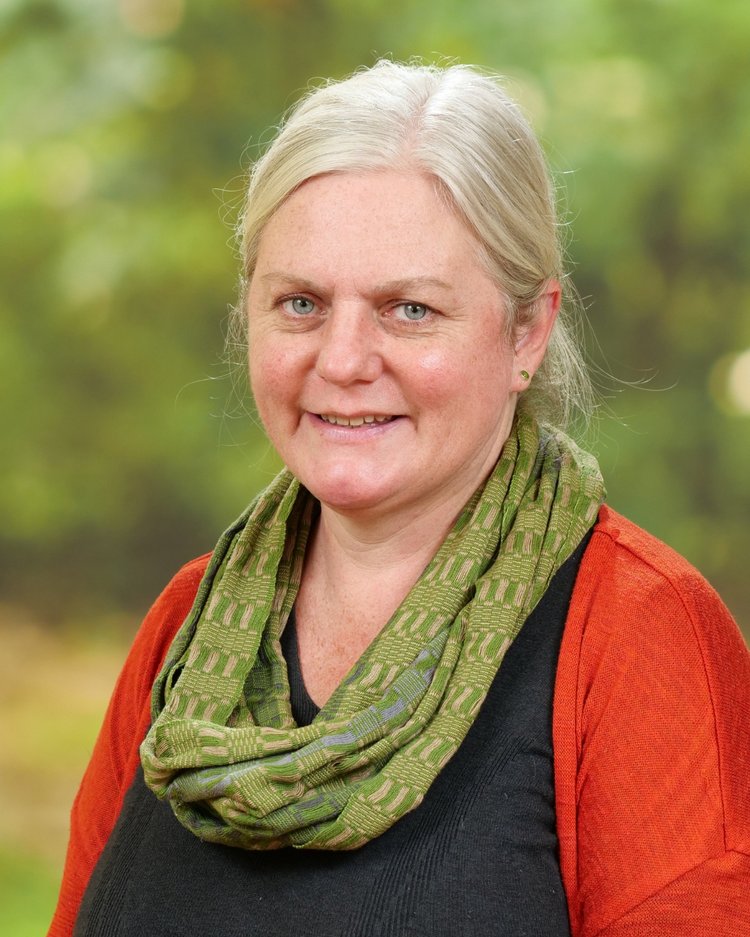Educators from schools across the country gathered for a conversation between Possip’s Jordan Jones, Executive Directors Kathryn Procope and Kristin Scotchmer, Principal Corbet Houston, and education consultant Kerry Swarr to talk about using family feedback in school improvement projects and operations. Keep reading to hear from the panelists!
_
Routine Pulse Checks are a way schools and districts engage their communities to learn the priorities of a diverse set of people. Through using routine feedback you can bring parents, staff or students to the table, and have their priorities top of mind when approaching school improvement.
Possip data reveals that parents most often weigh in on improvement on school operations, even over academics, teacher interactions, and school culture. In 2021, parents used Possip to communicate about operations more than any other category – 45% of all praise and family feedback. This trend was true before 2021 and has persisted since.
Approximately half of all parent comments relate to improvement to operations.
This makes sense.
In the operations category are situations that are most visible to parents and staff, that show up in their everyday school experiences.
Here’s more from Kristin Scotchmer, Executive Director at Mundo Verde Bilingual Public Charter School. She explains how her team used Possip’s Bonus Question to make decisions about healthy and safety policies, and serve Mundo Verde’s most vulnerable families.

Interestingly, Possip’s data reviews that schools with lower happiness have more feedback on operations than schools with higher happiness.
Our data shows that as happiness increases, feedback on operations decreases, and praise for operations improvement increases.
Here’s a great clip from Kathryn Procope, Executive Director at Howard University Middle School, on how Possip feedback helped their team make decisions about improvement to car line procedures. In doing so, they reinforced trust with Howard University Middle School’s families and helped people feel empowered.

Howard University Middle School partnered with Kerry Whitacre Swarr, Possip reporter and education equity consultant who is also working on her Ed.D. dissertation involving Possip, to develop a research-based protocol for using family feedback in school improvement projects – like the car line improvements Kathryn spoke about. Learn this protocol here.
Corbet Houston, Principal at Howard University Middle School, shared that it can be a scary thing to begin receiving feedback. Here’s how he understood the value once he saw the data, and how Kerry’s protocol helped him frame the feedback.




